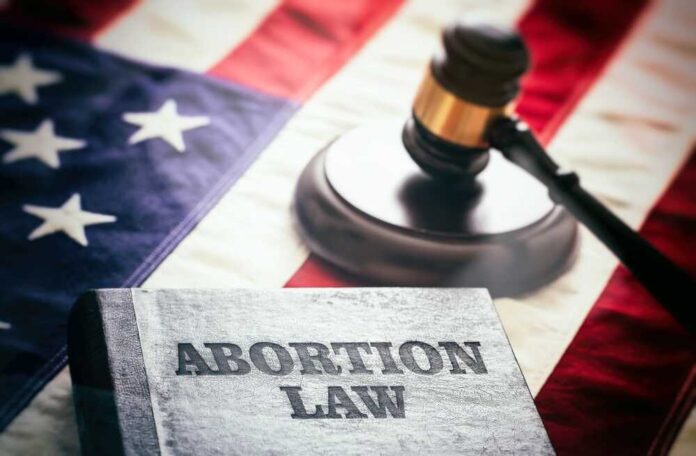A federal judge in Alabama has rejected the Biden administration’s request to halt a lawsuit challenging the state’s ban on transgender care. The judge’s decision came as other courts, including the U.S. Supreme Court, grappled with similar legal battles across the country.
In his ruling, U.S. District Judge Liles Burke stated that a stay in the case “may indeed be the most efficient way to proceed,” but only if a higher court indicates that it will establish the governing standard of review. Judge Burke believes that a pause in the proceedings would be appropriate if the Supreme Court or the U.S. Court of Appeals for the 11th Circuit agrees to hear related cases.
The Justice Department had sought the pause due to the rapidly evolving legal landscape surrounding transgender rights. They cited the recent request for the Supreme Court to block Tennessee’s ban on gender-affirming care and the request for the 11th Circuit to review Alabama’s ban. However, Judge Burke emphasized that the case would continue progressing until those petitions were resolved.
However, the 11th Circuit Court’s three-judge panel recently reversed Judge Burke’s decision. The reversal referenced the U.S. Supreme Court’s 2022 decision in Dobbs v. Jackson Women’s Health Organization, which stated that the 14th Amendment does not safeguard rights not firmly established in the nation’s history and customs.
The legal battle over transgender care extends beyond Alabama. In November, three families from Tennessee, along with a doctor, urged the Supreme Court to intervene and prevent the enforcement of a law that prohibits transgender minors from accessing gender-affirming healthcare. Similarly, in September, families in Alabama requested a full review by the 11th Circuit Court of Appeals after a three-judge panel allowed the state’s ban to take effect.
Alabama’s law, enacted in 2022, makes it a felony for doctors to provide puberty blockers or hormone replacement therapy to transgender individuals under the age of 19. Violators could face up to 10 years in prison.
As the legal challenges continue to unfold, the fate of transgender care bans in various states remains uncertain. The decisions made by the Supreme Court and other courts will undoubtedly have significant implications for the rights and well-being of
In the majority opinion, U.S. Circuit Judge Barbara Lagoa stated that the plaintiffs failed to establish a “constitutional right” to these medications.
Walker expressed that, in his view, Judge Lagoa’s ruling failed to address what he considers the crux of Judge Burke’s decision: the principle that parents, in consultation with healthcare professionals, should have the authority to make medical decisions for their children.


















